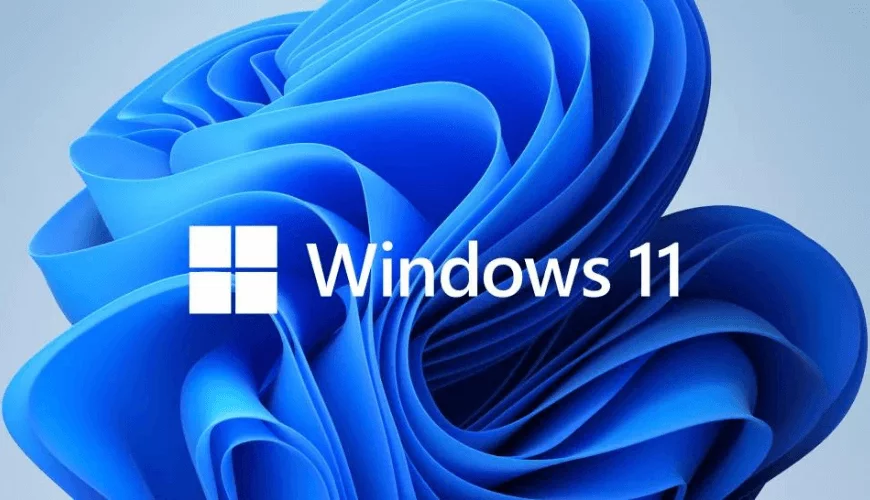Believe it or not, Windows 10 is now 10-years-old, which – in technology terms – is extremely old. So, Microsoft is retiring Windows 10 on 14th October 2025, requiring all users to switch to Windows 11. If you are still using Windows 10, here’s what you need to know…
First of all, your computer won’t stop working, but Microsoft will no longer provide security updates, bug fixes or technical support. This will make it increasingly vulnerable to cyber attacks and less likely to be compatible with software updates.
Get the right tech
We would highly recommend upgrading, as a machine running an end of life operating system is not a secure one and is a significant risk to a business. Besides the fact it will make operations much less efficient over time.
However, before you upgrade you must check your PC meets the Windows 11 requirements. If you are unsure use the PC Health Check tool. Microsoft says: “If you’re currently running Windows 10, PC Health Check provides a comprehensive eligibility check for your device to ensure it meets the Windows 11 minimum system requirements. You’ll get info on why your device is or isn’t eligible, plus info on what you can do if your device doesn’t meet the requirements.”
Some of the system requirements include: 1 GHz or faster, it must be on Microsoft’s approved CPU list, have 4GB of RAM and be Secure Boot capable. Keep in mind that a PC that is quite old but is still officially Windows 11 compatible might run slowly after an upgrade, so you might still need to invest in a new machine. We would not recommend upgrading a laptop with 8GB of RAM or less as the machine will struggle to run.
Time to upgrade
If your PC is compatible – great – Windows 11 can be installed for free by simply updating. Make sure you are fully backed-up before embarking on this upgrade as OS updates can sometimes go wrong, so you want to ensure your data is safe.
The good news is, Windows 11 is great. It is more secure and compatible with Microsoft’s AI tools. Microsoft calls it: “the Windows you know, and more.” Other features include seamless interactions between your phone and your Windows PC, recording what’s on your screen, an improved File Explorer and Snap layouts to quickly organise what you’re working on and improve productivity. There’s more information about Windows 11, here: https://www.microsoft.com/en-gb/windows/windows-11
Let us help you
If your PC is compatible – and has more than 8GB of RAM – then the upgrade is pretty seamless. However, if you do have any questions about the implications of upgrading, then feel free to drop us a line and we can help you out. And if your PC is not compatible with Windows 11, then let us know and we can recommend the best new machines.
Obviously, Windows 10 will continue to work once October 14th has passed but we would really not recommend not upgrading as it will no longer receive security updates, making it a target for cyber criminals.





